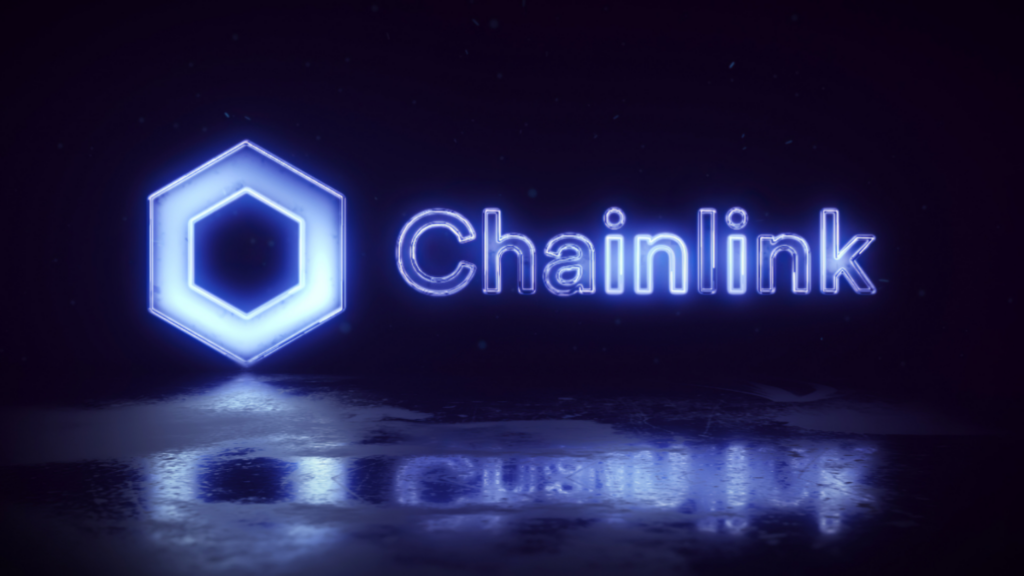The Depository Trust and Clearing Corporation (DTCC), the world’s largest settlement system, has teamed up with blockchain oracle provider Chainlink to launch a groundbreaking pilot program. This initiative, which involves several major US banking firms, aims to advance the tokenization of traditional finance assets.
The pilot program, named the Smart NAV Pilot, was designed to create a standardized method for delivering net asset value (NAV) data of funds on blockchains. Chainlink’s Cross-Chain Interoperability Protocol (CCIP) was instrumental in this effort, enabling secure and efficient data transfer.
The DTCC’s report highlights that the pilot successfully demonstrated the potential of delivering structured data on-chain. This breakthrough paves the way for a variety of applications, such as tokenized funds and “bulk consumer” smart contracts that manage data for multiple funds.
The implications of these results are significant for the financial industry. Future use cases could include more automated brokerage applications, streamlined data dissemination, and enhanced access to historical data for funds. The pilot also showed that automated data management could minimize disruptions to existing market practices, improve retrieval of historical data without manual record-keeping, and offer broader API solutions for price data.
Several prominent US banking institutions were actively involved in the pilot program. These included American Century Investments, BNY Mellon, Edward Jones, Franklin Templeton, Invesco, JPMorgan, MFS Investment Management, Mid Atlantic Trust, State Street, and U.S. Bank.
Following the release of the DTCC’s report, Chainlink’s native token, LINK, saw a 12.5% increase in value. Over the past year, LINK has grown by more than 130%, reflecting a broader uptrend in the cryptocurrency market.

The DTCC’s report aligns with a growing trend among traditional financial institutions to explore real-world asset (RWA) tokenization. In March, BlackRock, a leading investment management firm, introduced a tokenized money market fund called BUIDL on the Ethereum network. This fund allows investors to purchase tokens representing shares in the fund, which primarily invests in assets like U.S. Treasury bills. As an ERC-20 token, BUIDL is often referred to as the “digital liquidity fund” due to its digitized presence on the Ethereum blockchain.
By the end of April, the total value locked (TVL) in RWA protocols had soared to nearly $8 billion. Several platforms, particularly those involved in the digital carbon market like Toucan and KlimaDAO, as well as real estate tokenization protocol Propy, have seen substantial user growth. Tokenized treasuries have also expanded significantly, driven by high yields in a climate of elevated inflation and interest rates in the United States.
The RWA.xyz platform reported a record $1.29 billion locked in tokenized U.S. treasuries and bonds, an 80% increase since the beginning of 2024. Additionally, in March, Singapore-based fintech company DigiFT announced its entry into the digital asset space with the launch of US Treasury bill depository receipt (DR) tokens.
The success of the Smart NAV Pilot marks a significant step forward in integrating blockchain technology with traditional finance. As the financial industry continues to embrace digital transformation, the potential for innovative applications and enhanced efficiency in asset management and data handling is immense. This collaboration between DTCC and Chainlink sets the stage for further advancements in the tokenization of traditional assets, promising a more connected and automated financial ecosystem.















